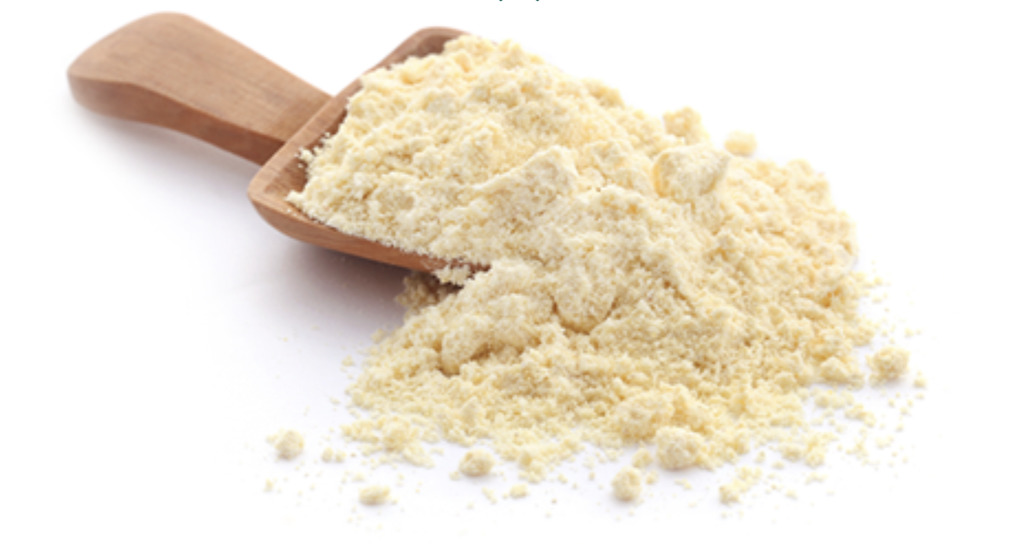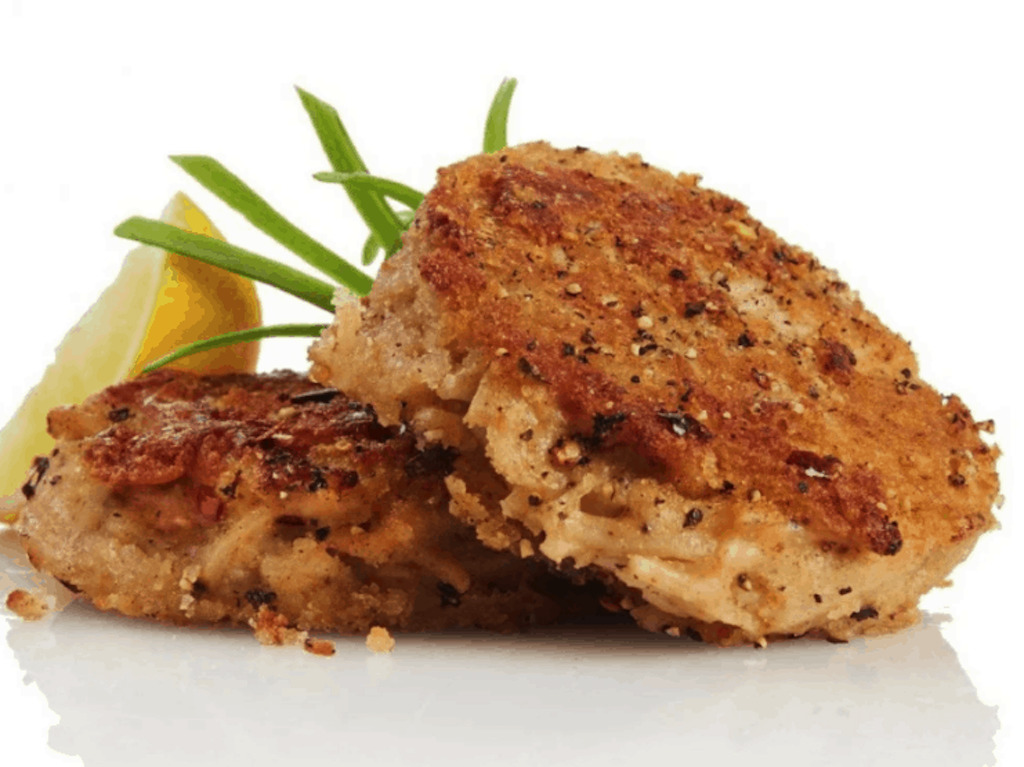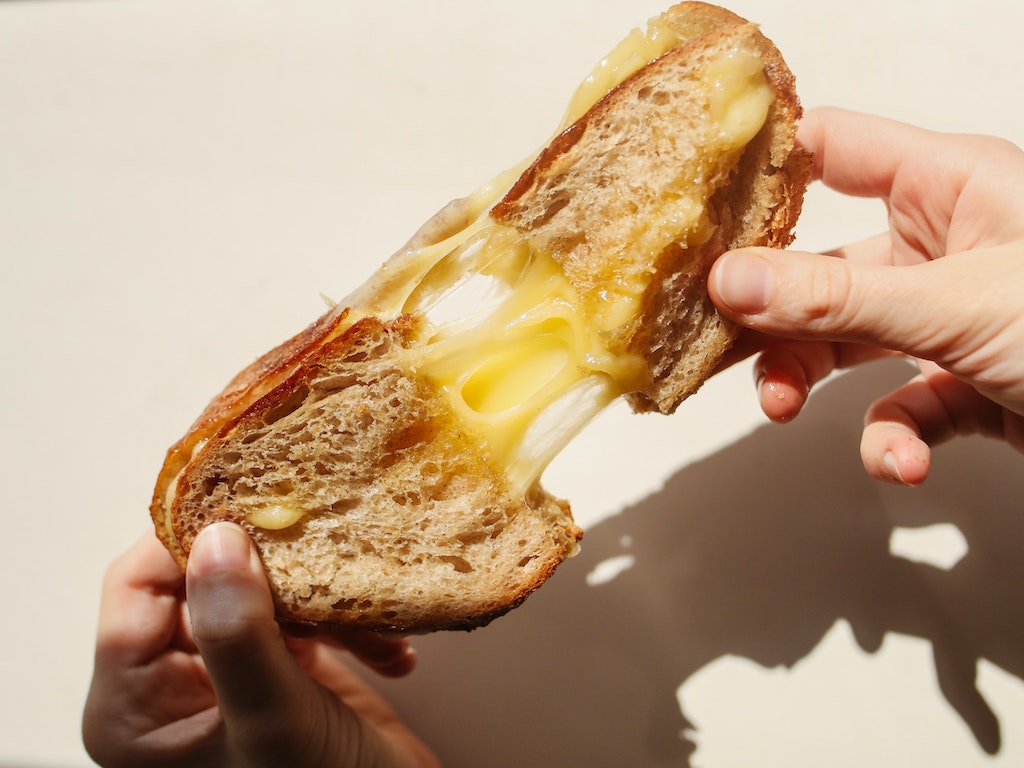3 Mins Read
There’s no shortage of vegan cheeses available now, but this new plant-based alternative contains a superfood ingredient: microalgae. Developed by Singapore-based Sophie’s BioNutrients and the US ingredient giant Ingredion, the new dairy-free microalgae cheese not only tastes tangy and melts like the real deal, but is also loaded with vitamin B12.
The latest innovation in the plant-based dairy space is a microalgae-based cheese alternative, which just debuted on Wednesday (November 10) by Sophie’s BioNutrients and Ingredion Idea Labs. The two companies collaborated to co-develop the product, which contains Sophie’s dairy-free, allergen-free milk made from microalgae that was first unveiled in May.
Microalgae cheese
According to the companies, this new vegan cheese boasts all the taste and textural qualities you would expect from real dairy cheese—it’s tangy, umami-tasting, and meltable. But there’s another added bonus, thanks to the superfood ingredient microalgae, which is grown in Sophie’s bioreactors.
One 28-gram serving of the cheese contains double the daily recommended intake of B12.
The Singapore startup’s bioreactors require minimal water and uses up local food waste as feedstock, such as okara, the byproduct of tofu production, molasses from sugar refineries and spent grains in breweries. Once the microalgae is harvested, Sophie’s turns them into a neutral-coloured microalgae protein flour.
This flour is used to make Sophie’s microalgae milk, which has been incorporated into the new microalgae cheese products. There are two kinds of cheese—one that mimics semi-hard cheddar and can be sliced, grated or melted, and the other is a cheese spread.

‘Unlimited possibilities’ of microalgae
Commenting on its latest product, co-founder and CEO of Sophie’s Eugene Wang described it as another example of the “unlimited possibilities this superfood can offer.”
“Microalgae is one of the most nutrient-rich and ductile resources on the planet,” he continued. “[This is] a dairy and lactose-free alternative to cheese that, thanks to microalgae, offers a higher protein content than most available dairy-free alternatives.”
Wang added that because it does not contain any soy, nuts or gluten, microalgae cheese opens up more vegan options for people with allergies or intolerances. Many existing plant-based cheeses on the market are either nut-based, containing ingredients like coconuts and cashews, or are soy-based.
Other products that Sophie’s has created using its microalgae protein flour include a vegan burger patty, which delivers a whopping 24 grams of protein per serving.
Ingredion’s innovation director Ai Tsing Tan says that it is now more important than ever to “focus on the attributes important to creating a consumer-preferred product,” and to cater to the shifting needs of diners.

Read: Meet these startups using algae to make everything from milk to shrimp
Vegan cheese market
The unveiling of the new microalgae cheese comes as the vegan cheese market undergoes rapid growth, driven by surging demand from health and environmentally-conscious consumers. According to one estimate, the global vegan cheese market is set to grow double-digits to reach $4.5 billion by 2027.
Recent vegan cheese product launches include Rebel Foods’ cheddar-style block, which is made from rice, potato and cashew nuts, Good Planet Foods’ coconut oil-based wedges that look and spread just like the classic Laughing Cow.
Lead image courtesy of Pexels.




